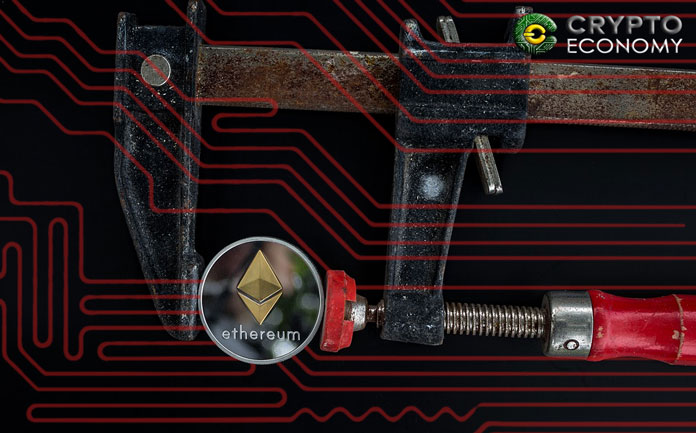If there is one thing that the Ethereum network is popular for, it has to be the constant network upgrades (popularly referred to as hard forks). These involve the activation of a feature set on the MainNet of the network that makes it backward incompatible with its previous version before the activation of the new features or software upgrade. Ethereum, the leading altcoin network has been in the transition towards a better and more efficient consensus mechanism other than its current Proof of Work for the better part of the short timeline and still, the end is not near. The community wants to migrate to the Proof of Stake mechanism that will involve staking of Ether coins in order to earn the right to verify transactions and other network functions.
However, the network is not able to transition directly to the PoS by flipping a switch but instead, it will undergo a series of improvements as it seeks to steer the code base towards the final transition to PoS. Tracing its timeline, Ethereum has undergone more than 10 hard forks, both major and minor, contentious or otherwise, planned or unplanned. The latest code upgrade was actually two that were activated concurrently: the Constantinople and the St. Petersburg upgrades that were activated on February 2019.
Now, the network is again due for another hard fork in about four months in late October. If history will offer us any guidance, then the timeline could be stretched even further towards the end of the year or even the coming year 2020. But, if all goes according to plan, the upcoming hard fork dubbed Istanbul should be activated in the last quarter of this year.
Ethereum developers have submitted their EIPs (Ethereum Improvement Proposals) totaling about 30 so far. These will be discussed and some will be scrapped off, others considered for future network upgrades while the lucky few, will be slated to be included into the Istanbul feature set. Once approved, these EIPs will be worked upon to ensure that they are well researched and coded to ensure that they do not introduce any negative consequences to the already running code while also ensuring that they are free of bugs.
On Friday, June 21st, Ethereum Core devs approved the first two EIPs to be included in Istanbul with code names EIP 2024 and EIP 1702. The first one, EIP 2024 will effectively introduce a new precompile module to the Ethereum Virtual Machine (EVM). As described on GitHub, this EIP will introduce “a new precompiled contract which implements the BLAKE2b cryptographic hashing algorithm.” EIP 1702, which is authored by Wei Tang from Parity Technologies seeks to smoothen the process of onboarding new virtual machines or upgrading the existing ones on the EVM. Tang describes it as a new way of “hard forking while maintaining the exact functionality of the existing account by allowing multiple versions of the virtual machines to execute in the same block.”
These two EIPs have now been brought into the spotlight where more developers will look into them and contribute towards making them more acceptable to be included in the next code upgrade.


![Ethereum [ETH] – Two EIPs Approved for Inclusion in Upcoming Ethereum Network Upgrade dubbed Istanbul](https://crypto-economy.com//wp-content/uploads/2019/07/computer-ethereum.jpg)








